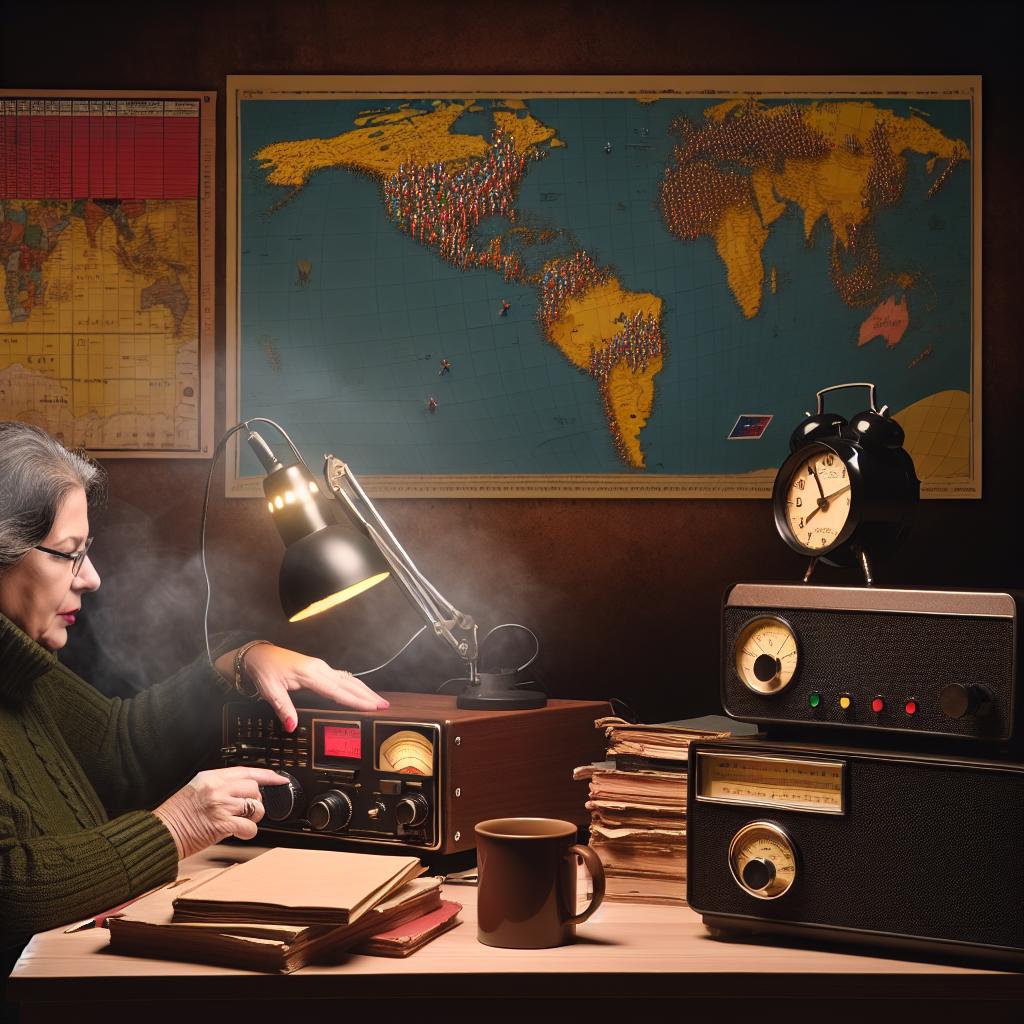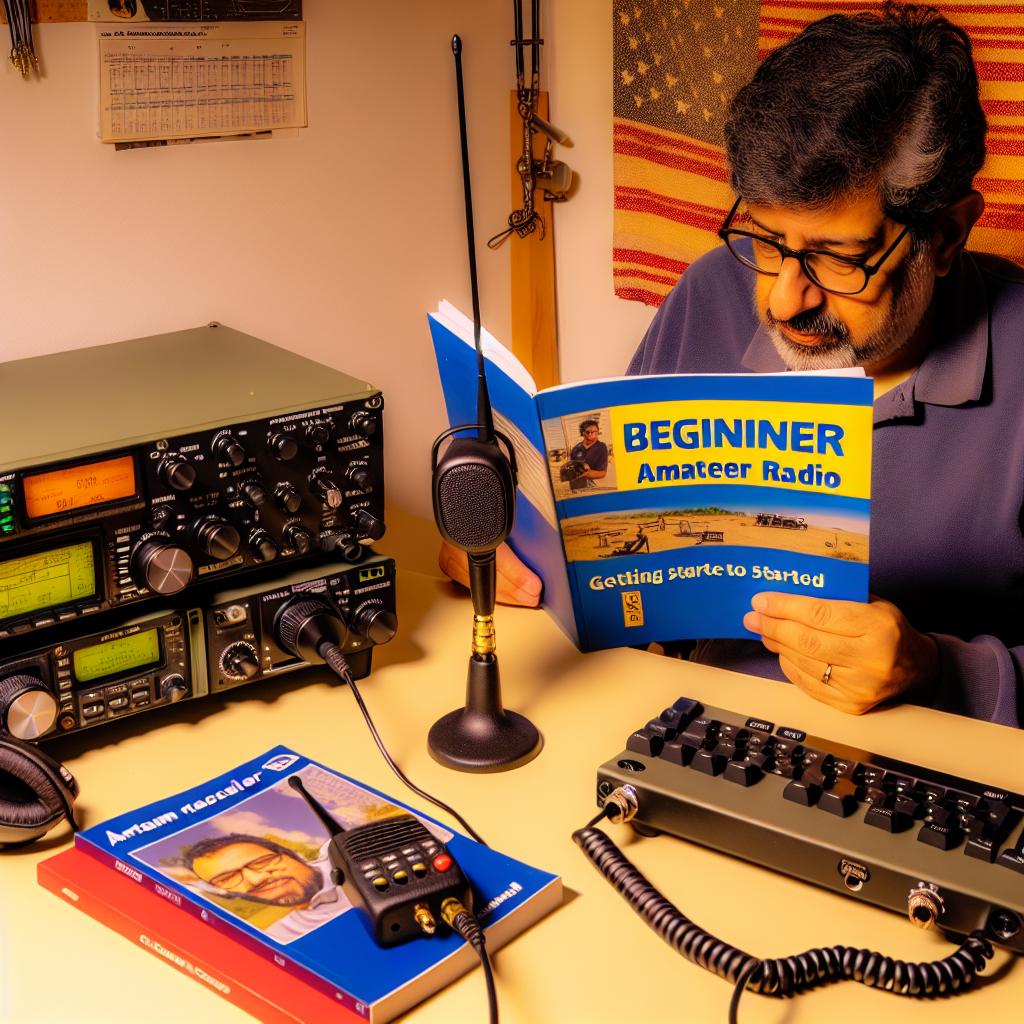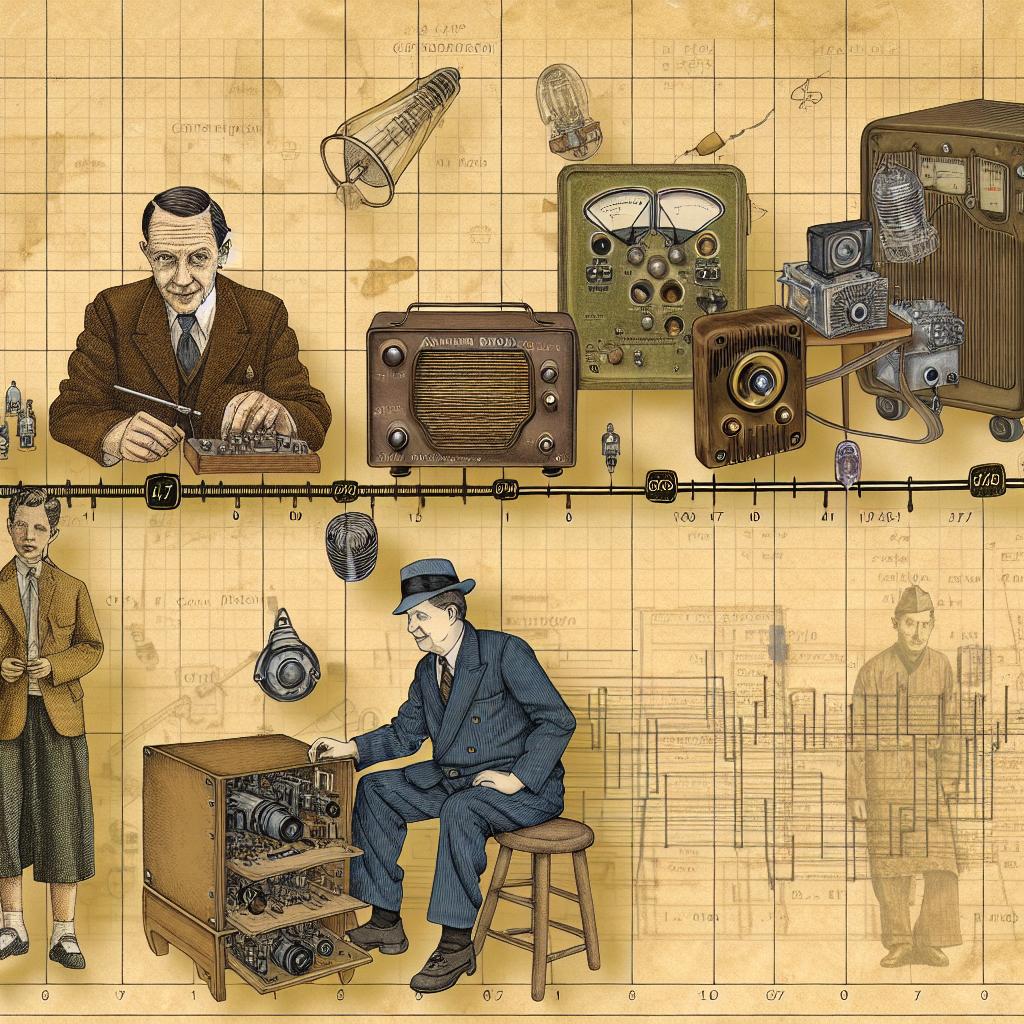The Excitement of Amateur Radio Contests
Amateur radio, often referred to as ham radio, is a widely appreciated hobby that draws enthusiasts from around the globe. One of the most dynamic and engaging facets of this activity is contesting. During a contest, operators strive to establish the highest number of radio contacts within a designated timeframe. This feature of amateur radio is particularly engaging as it tests operators’ technical competencies while also expanding their knowledge of radio frequencies, equipment, and international communication pathways.
Understanding Amateur Radio Contests
At the core, an amateur radio contest is a competitive event, usually constrained by time, where participants endeavour to communicate with as many other amateur radio operators as possible. The goals of these contests can differ significantly. For instance, some might focus on forming the maximum number of contacts, while others might aim at spanning multiple frequency bands or covering the most expansive geographic area.
Types of Amateur Radio Contests
Amateur radio contests are classified based on various attributes, such as the frequency bands used, the modes of communication employed, or the geographical region targeted. For example, contests using high-frequency (HF) bands typically attract participants from around the world due to the longer range of these waves. In contrast, very high frequency (VHF) and ultra-high frequency (UHF) contests often focus on more localized areas since these frequencies have a limited range regarding propagation distance. Each type of contest brings its unique challenges and strategies.
The Importance of Strategy
Success in amateur radio contests hinges significantly on strategic planning. Participants must be well-versed not only with the specific rules governing each contest but also with the distinct characteristics and behaviors of different radio bands throughout the day and night. Adjusting equipment settings and antenna configurations to optimize performance under prevailing conditions is key to maximizing one’s reach. A strategic approach might entail deciding the optimal times to operate or the priority order for engaging stations to accumulate points effectively.
The Role of Technology
Modern advancements in technology play a crucial role in shaping amateur radio contests, enhancing both ease of participation and the competitive nature of the events. Computer logging software is often used to meticulously record contacts and to facilitate the smooth submission of contest entries. Moreover, the use of automated CQ callers, along with digital modes like FT8 or RTTY, accelerates contact-making, infusing the contests with heightened urgency and excitement.
Enhancing Skills Through Contesting
Beyond the innate competitive spirit, contesting serves as a significant educational platform for amateur radio operators. It cultivates a more nuanced understanding of radio wave propagation, promotes efficient communication etiquette, and presents opportunities for honing technical proficiency with radio equipment. The challenges inherent in contests often act as a driving incentive for participants to delve into new technologies and techniques, further enriching their experience and expertise.
Community and Camaraderie
Despite the competitive spirit that underpins contesting, amateur radio radiates a unique sense of community. Contests provide ham operators with a venue to engage with peers sharing similar interests, forming teams, and sharing knowledge. A significant number of these contests are orchestrated by clubs or groups, introducing an additional layer of social interaction to the experience. Operators frequently gather in forums or join radio nets to discuss contest results, swap tips, and offer constructive feedback to each other.
Participating in Contests
Embarking on amateur radio contests involves a straightforward pathway. Interested individuals need to possess the requisite licenses and equipment. Following this, they can choose a contest that aligns with their skill level and interests. Competitions are scheduled throughout the year and resources like the ARRL Contest Calendar provide a comprehensive schedule of upcoming contests, complete with rules, timelines, and guidelines for participation.
Final Thoughts
In summary, amateur radio contesting represents an exhilarating blend of technical acumen, strategic planning, and social engagement. Although it presents operators with challenges, it simultaneously provides a multifaceted learning opportunity that deepens one’s involvement with the wider radio community. Through contesting, both novice and seasoned operators can enhance their technical skills, enjoy robust community engagement, and foster a spirit of continuous exploration and learning in the fascinating world of amateur radio.



